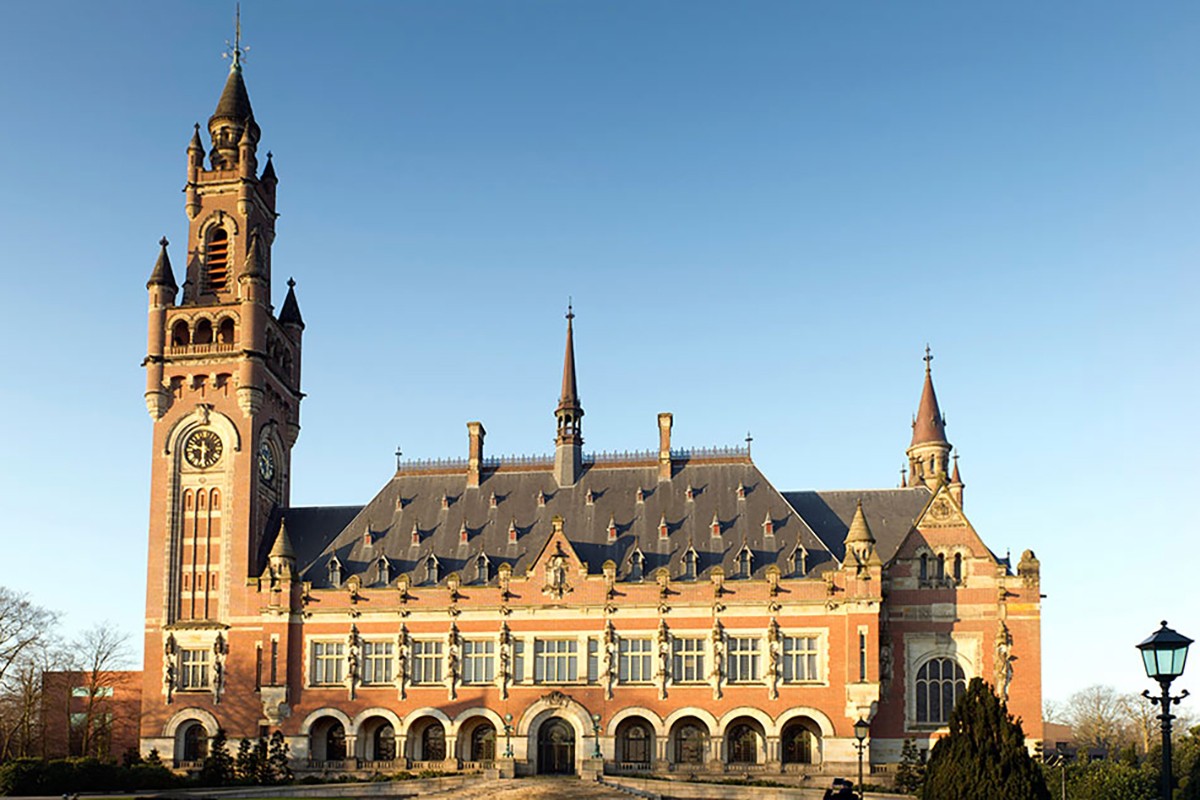ICJ accepts jurisdiction over Azerbaijan v. Armenia cases, rejects objections against Armenia

The UN’s International Court of Justice (ICJ) ruled on Tuesday that it had jurisdiction to proceed with the competing cases between Armenia and Azerbaijan, but rejected all of Azerbaijan’s claims against Armenia.
The ICJ’s ruling on Tuesday stems from claims filed by both Armenia and Azerbaijan over alleged violations of international law. An actual decision by the ICJ on the merits of the case may take several more years.
The ICJ ruled that it had jurisdiction to proceed with ruling on the lawsuits filed by Armenia and Azerbaijan. Both countries have accused each other of violating a UN regulation prohibiting racial discrimination known as the (CERD) related to the decades-long conflict in Nagorno-Karabakh.
In addition to ruling on jurisdiction, the ICJ also rejected all of Azerbaijan’s objections in the case against Armenia. At the same time, the court accepted two of Armenia’s objections and rejected another in the case.
The decision stems from a lawsuit that Armenia filed against Azerbaijan more than three years ago when Yerevan accused Baku of violating the convention. Two years later, Azerbaijan filed a countersuit with identical claims.
However, the ICJ dismissed all objections from Azerbaijan while upholding some from Armenia, implying Azerbaijan’s claim will be limited in scope, namely that it will not examine events from the First Nagorno-Karabakh War or accusations regarding environmental damage in the region.
The unanimous decision of the 17-member commission relates to counter-complaints filed with the ICJ in September 2021. The complaint centres around Armenia’s claim that Azerbaijan violated the CERD and carried out a policy of ‘ethnic cleansing’ in the region.
Azerbaijan rejected the allegations and filed a counterclaim with the ICJ and accused Armenia of inciting hatred and pushing ‘racist’ propaganda.
Azerbaijan’s Foreign Ministry stated that the ICJ’s decision on ‘ethnic cleansing and other illegal actions carried out by Armenia during its occupation of the internationally recognised territory of Azerbaijan for decades will be thoroughly investigated by the Court’.
‘With regards to Azerbaijan’s Preliminary Objections, the Court has importantly reserved all analysis of the facts and evidence related to Armenia’s false claims of racial discrimination merits phase’, Azerbaijan’s Foreign Ministry said, adding that it will ‘continue efforts to hold Armenia accountable for its numerous breaches of international human rights during decades of occupation of Azerbaijan’s internationally recognized territory and the associated conflicts’.
The court did not say when the next hearings in the rival cases would take place. A ruling on the merits of the cases is expected to take years. While the ICJ’s rulings are binding, the court has no mechanism for enforcing them.
Following a months-long blockade that resulted in the cutting of supplies to Nagorno-Karabakh, Azerbaijan launched a military operation against the region in September 2023. Nagorno-Karabakh collapsed and surrendered shortly after, announcing its own dissolution. Within days, more than 100,000 Nagorno-Karabakh Armenians fled the region to seek refuge in Armenia.
For ease of reading, we choose not to use qualifiers such as ‘de facto’, ‘unrecognised’, or ‘partially recognised’ when discussing institutions or political positions within Abkhazia, Nagorno-Karabakh, and South Ossetia. This does not imply a position on their status.









